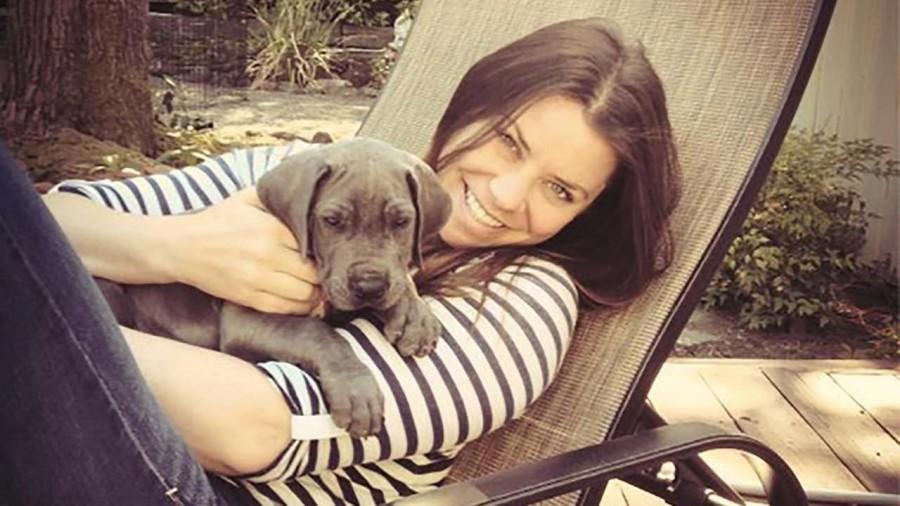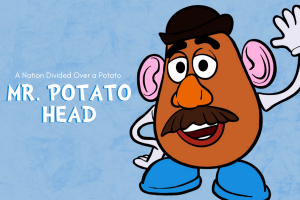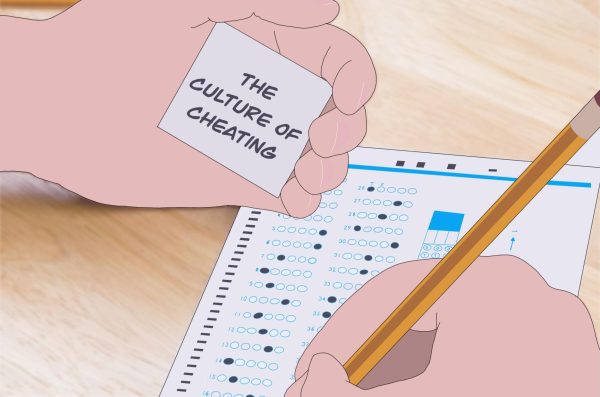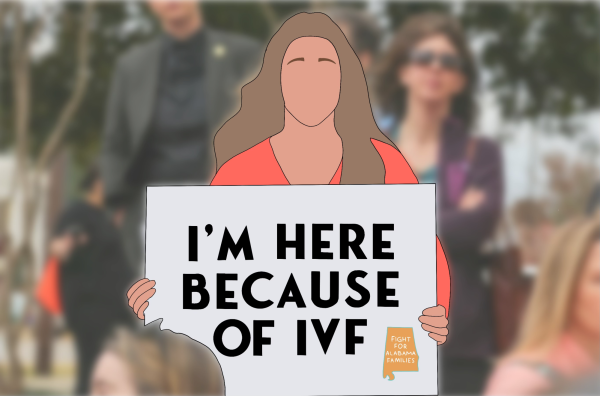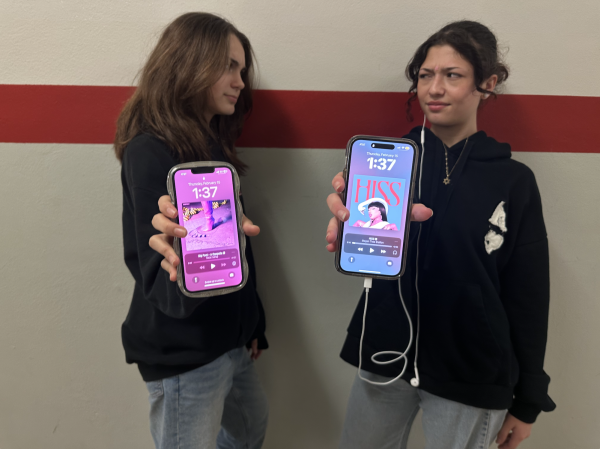The Right to Die
http://abc7news.com/health/terminally-ill-brittany-maynard-ends-her-own-life-/377922/
Brittany Maynard learned about her rare form of brain cancer shortly after getting married.
Nov 9, 2014
On November 2, 2014, Brittany Maynard, a woman who suffered from an aggressive form of brain cancer, opted for a physician-assisted suicide in which she ingested prescribed barbiturates. She did not want her friends and family to watch her slow and painful demise. Her suicide has sparked controversy throughout the country and has brought up the question: is the Death with Dignity act lawful?
A physician-assisted suicide is suicide committed with the help of a physician and is done using lethal injection or with pills. However, this practice has been disputable from the beginning. Jack Kevorkian, the poster child of assisted suicides, was arrested and charged with second-degree murder and served eight years in jail because of his role in a case pertaining to voluntary euthanasia. Few states have the Death with Dignity law and there are still several places in the United States that lack the right to die. The lack of a law stating that voluntary euthanasia is legal is unconstitutional and takes away a basic human right.
“…If someone who is terminally ill wants to end their life because they don’t want to suffer then they should be allowed to do so as long as someone, like a physician, helps them. And many people are going to disagree, but I know that if I had cancer and it was in it’s final stages, I’d rather die on my own accord,” junior Giselle Vera said.
A majority of people are aware that our government controls several aspects of our lives. With most of our life regulated by politicians, you can say that we are no longer considered individuals. Even on our death beds, we are still dying under the government’s law. In America, we parade our strong beliefs that are entrenched in the Bill of Rights, like the right to practice our religion or freedom of the press, yet all these pertain to life and none of these amendments addresses death. This hole in our Constitution allows for corrupt laws that can potentially control a citizen’s death. Not having a voice in how or when we die is discarding the little control we have over our life. The eighth amendment reads, “…nor cruel and unusual punishments inflicted”. Restricting someone’s choice to end their lives because of painful circumstances can be considered a form “cruel and unusual punishment.”
One case in the United Kingdom, mother Charlotte Fitzmaurice requested a high court judge, Justice Eleanor King, to allow her daughter to have a physician’s assisted suicide. Her daughter was severely disabled and was in constant pain from her deformed body and medications. Her wish was granted. If Fitzmaurice was not allowed to have her daughter’s life ended via voluntary euthanasia, her daughter would have suffered for her entire life. The Death with Dignity law needs be allowed in every state in the US; but this law should come with restrictions such as age and circumstances (e.g. terminal illness, painful incurable disease, etc.) If this act is ubiquitous throughout America, citizens will thrive in the fact that their country allows themselves to have control over their death.
“I think the death with dignity law is too risky because there may be corrupt nurses that may kill their patients and cover it up as an opted suicide,” sophomore Catalina Saavedra said.
On the other hand, there are some people who claim that this act is inhumane, and condemn suicide. Conversely, it is easy to forget that there is a criteria for voluntary euthanasia. The patient must be above 18, an able person (being able to clearly make decisions, have good judgement), and in some states have a terminal illness that will lead to their demise within six months. Ergo, the individuals who think that this act is inhumane are most likely uninformed. There will always be cons in everything, but when it boils down to it, the Death with Dignity law is a humane act.
Stripping away someone’s right to die is unlawful. Death with Dignity is a human right which should be granted to everyone. Although it is a controversial act, allowing someone to suffer an agonizing demise is immoral, and strips away the little control they have over their lives. The lack of this law is a hidden injustice to the community; it is the government’s way of monitoring every aspect of our lives. Maybe that is why this law is not omnipresent, since politicians are probably petrified of citizens somewhat having power.


